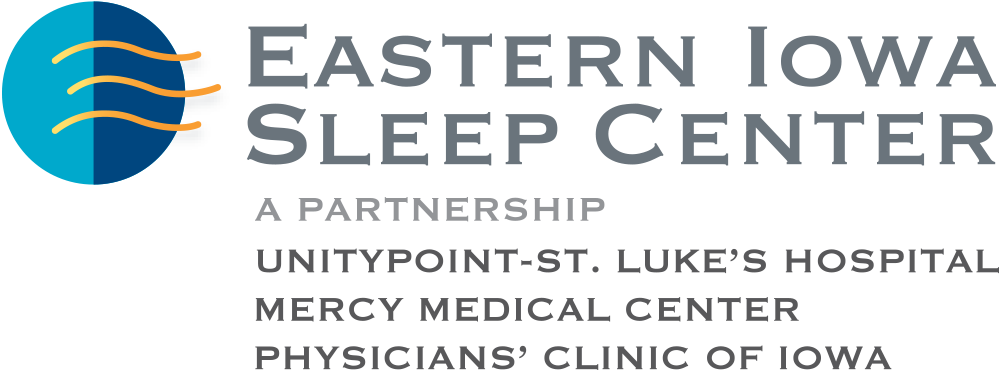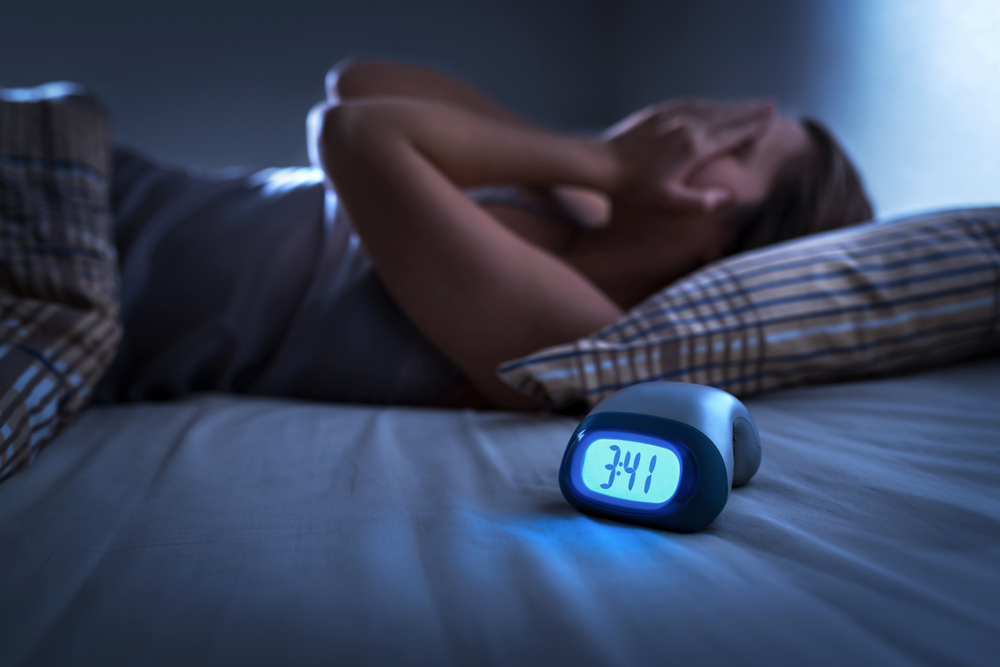Insomnia
Insomnia is defined as difficulty in falling or staying asleep, and is experienced to a moderate degree by more than a third of American adults. One in ten Americans experiences chronic insomnia, which typically does not go away without treatment.
What are the symptoms of insomnia?
- Difficulty falling asleep at night
- Waking up during the night
- Waking up too early
- Daytime fatigue or sleepiness
- Daytime irritability
- Difficulty concentrating during the day
How is insomnia diagnosed?
In order to diagnose insomnia, a doctor may recommend:
- Keeping a sleep diary for two weeks
- A polysomnogram (sleep study)
What treatment options are available?
Many cases of insomnia will respond to lifestyle changes. If self-treatment is not successful, your doctor may also prescribe a medication.
Questions?
Contact us today to learn how we can help you sleep

275 10th St. SE
Suite 3330
Cedar Rapids, IA 52403
Phone: (319) 362-4433
Phone: (877) 361-4433
Fax: (319) 362-4466



